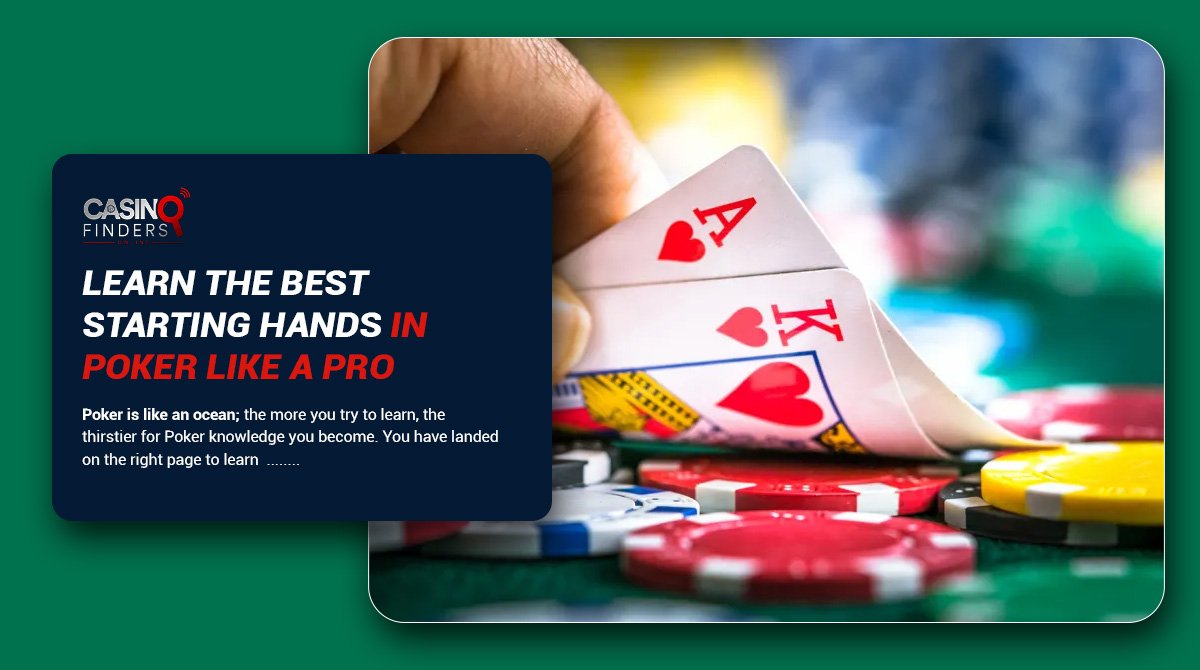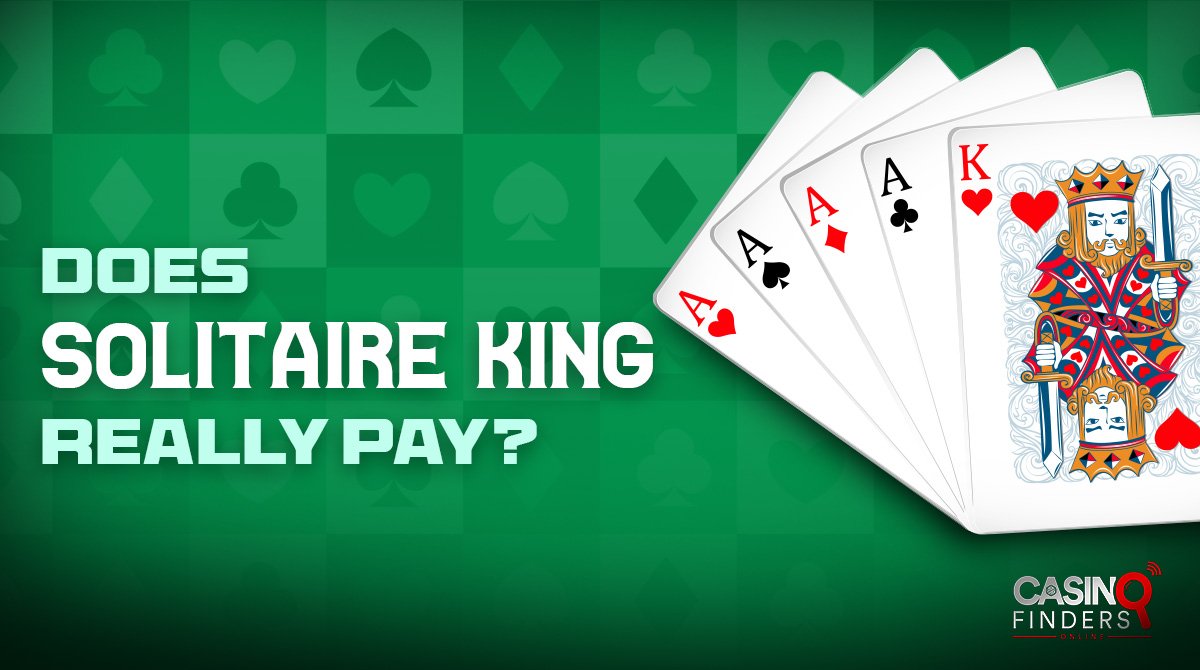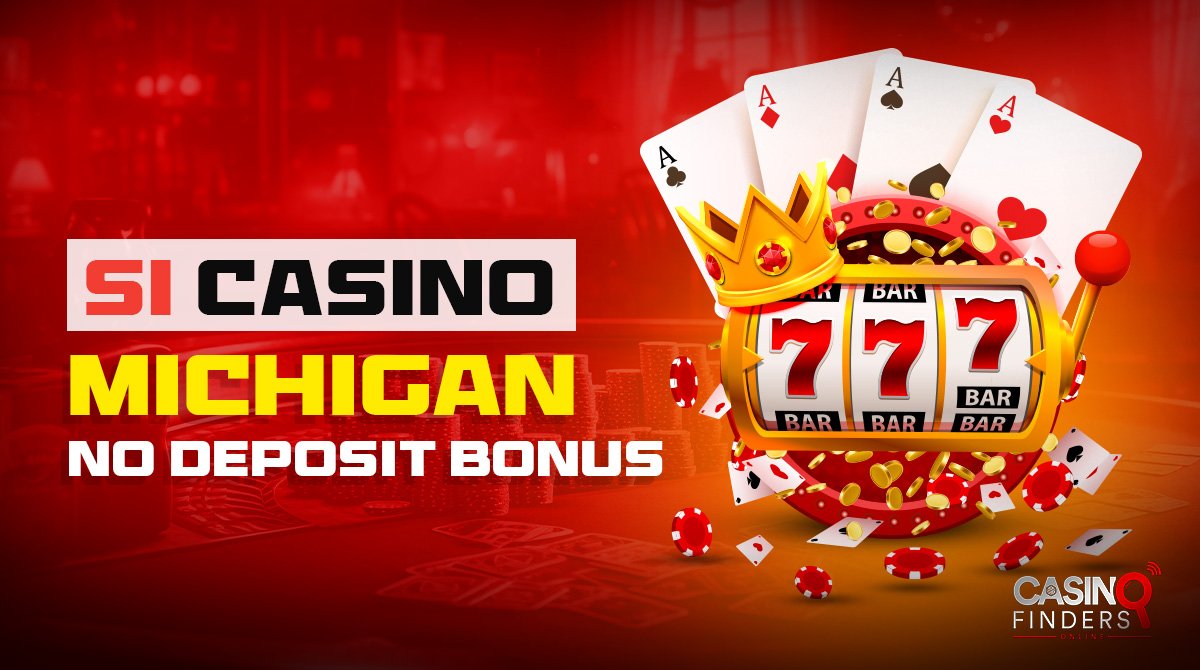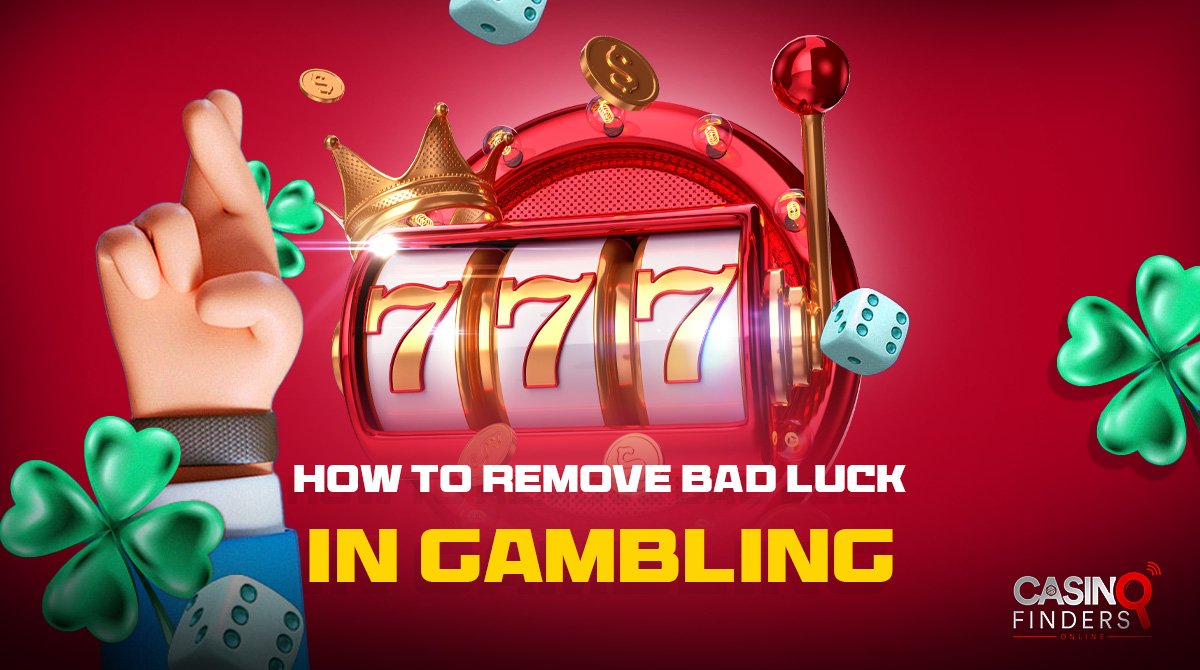Best Starting Hands in Poker
Poker is like an ocean; the more you try to learn, the thirstier for Poker knowledge you become. You have landed on the right page to learn the best starting hands in Poker, but let us straighten many things up first. Poker has evolved into many variations over time to answer the specific needs of players. Each variation has its unique gameplay and hands-ranking system, which adds up to the richness of the game. The most popular of all variations is Texas Hold’em, which dominates the Poker world. We will explore the best starting hands in Poker based on Texas Hold’em gameplay for the sake of its popularity. Before finding yourself in this article, I can confidently guess you have already learned a thing or two about Texas Hold’em gameplay and hands ranking. Visit the following pages if my guess is wrong and come back with the necessary prior knowledge to have an enjoyable journey ahead.
There is no shame in folding when you have a bad hand in Poker, and the best player knows when to hold and, most importantly, when to fold. Playing all the hands you are dealt with is not a wise move in the long run and is a bad return on investment.
Posting the small and big blinds is mandatory to have something on the pot to get the game going because every player would wait for the best hand forever otherwise.
Factors influencing the decision to act:
Whether to fold, call, or raise depends on many factors that should be taken into consideration. They may not have equal influence on the decision but have their unique roles to play. Let us take a look at the following points.
Position:
Your decision to act depends on which position on the table you are seated at. Each position comes with advantages that can get you to win the pot if you act wisely.
A button called the dealer button is moved clockwise around the table to determine the first person to act in each round. It ensures the game is fair by allowing each player to have a different position each round.
The small and big blinds have their share of disadvantages by blindly placing bets without getting to know their starting hands, but they are the last to act in the first (pre-flop) round balancing the disadvantage.
The main takeaway is that If you are the first to act, you are at the greatest disadvantage because you are limited by not knowing other players’ actions. Thus, this position is called under the gun and is to the immediate left of the big blind.
The player last to act knows all other players’ actions in the round; as a result, getting the upper hand. It makes it possible to even go to the next round (flop round) by having a relatively bad hand. The player has knowledge of the round, which, as the saying goes, is power.
Opponents (Table dynamics):
You are playing against other players and not the house in Poker, and knowing their playstyle is the key to having a profitable night. It adds an element of psychology to the game to balance the chance side of it.
There may be loose players on the table who call and raise fair hands without waiting for the perfect hand. They tend to play aggressively with a wide range of starting hands and continue playing the flop with even weaker ones.
On the other hand, there may be tight players on the table who tend to fold in the pre-flop round with weaker hands. They wait for and only play certain strong starting hands.
Take your time and evaluate the table dynamics, whether you are playing online or offline. It may take a round or two to understand how your opponents play and their preferences. In the end, there is no right or wrong playstyle, and you should adjust yours according to the table.
The number of players also plays a key role in your decision to act. The fewer the players, the better your chance of winning the pot with your current hand. For example, if you play nine-handed and are dealt an ace and a three, the chances of another player having an ace and a king are higher.
Preceding actions:
All the players who have folded, called, and raised before you will influence your decision to act. As a general rule of thumb, it is recommended to raise and call most of the time when you have pocket pairs of Deuces through Aces as a starting hand. In addition, consider all other factors when you are dealt cards other than pocket pairs. Now let’s learn more about starting hands card-wise.

Types of Poker Hands:
Here comes the most important factor influencing your decision to act in the pre-flop round. Your position, table dynamics, and preceding actions matter, but the two hole cards you are dealt with are the real actors in this play.
There are 1326 possible starting hands in Poker dealt from a 52-card deck, coming in 169 unique hand combinations. Among the combinations come 13 pocket pairs, 78 suited hands, and 78 unsuited hands.
The strength of a particular starting hand is evaluated based on many factors. For instance, whether a player can make a stronger hand down the road with each community card dealt at the table or the starting hand is strong enough to win the pot without needing to improve on the next rounds.
Each starting hand has a percentage roughly representing its chance to win the pot, such as pocket aces with an 80% chance of winning the pot. Let’s learn some terminologies before exploring different types of Poker hands further.
- Suited: It refers to the cards of the same suit and is shown by a lowercase “s” next to the hand abbreviation. For example, 85s, AKs, J2s, etc.
- Off-suit/Unsuited: It refers to the cards of different suits and is shown by a lowercase “o” next to the hand abbreviation. For example, 53o, 98o, AJo, etc.
- Connector: It refers to cards that are immediately connected by rank. For example, 54, KQ, T9, etc.
- Gapper: It refers to cards with one or more gaps between the ranks. For example, 97 is a “one-gapper” while 96 is a “two-gapper”.
Pocket pairs:
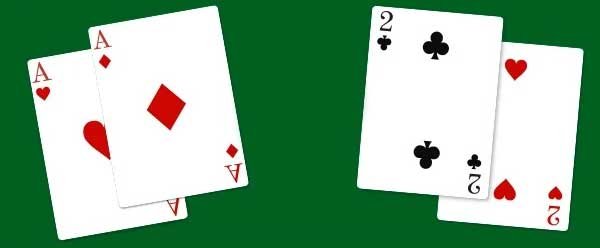
Pocket pairs can be the best thing to happen to a player in Poker, but their ranks impact their strengths. There is a difference between pocket aces and pocket deuces, but both can already beat high card hands.
Premium pairs:
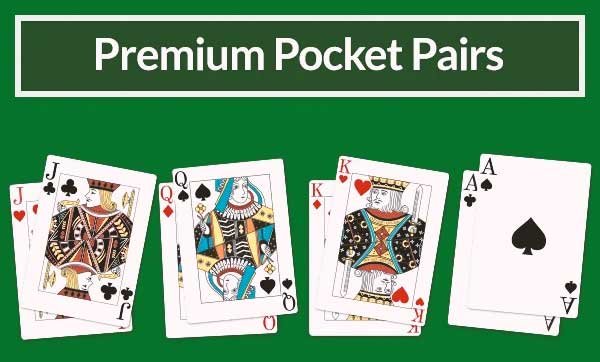
Pocket aces, pocket kings, and pocket queens are considered premium pocket pairs in Poker, with some including pocket jacks as well. You can raise pre-flop when you have premium pairs to scare away other players into folding to prevent them from improving their hands in the coming rounds. For example, a three-of-a-kind rank 4 can easily beat your pocket aces in the flop round.
Medium pairs:

Medium pairs include pocket tens through pocket sevens. They do not possess the strength of premium pairs but can sometimes win pots single-handedly. Their weight comes from the potential of flopping a set, such as a three-of-a-kind.
Small pairs:
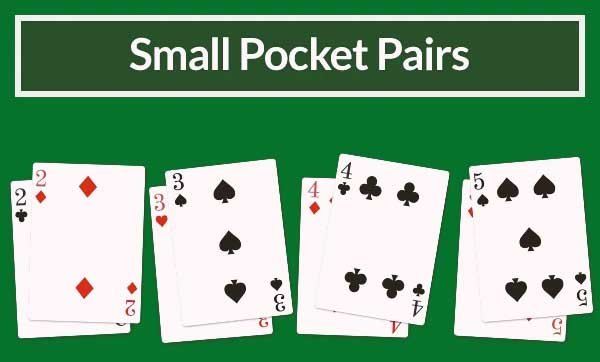
Pocket sixes through pocket deuces are in this category. When holding small pairs, try to keep the cost of seeing the flop to a minimum. They seem enticing but should be played cautiously and only form late positions in the table. They have the potential to connect with the flop or other rounds to construct a three-of-a-kind or two-pairs, but the likelihood is low.
High-suited connectors:

High-suited connectors come second to pocket pairs in terms of strength. They have the potential to connect with the following rounds and construct flushes or straight flushes. There is also the possibility of making top pairs and even two pairs. Playing all the starting hands from a late position is always recommended, including high-suited connectors. Examples of high-suited connectors are AKs, QJs, etc.
High-unsuited connectors:
They come third to pocket pairs and high-suited connectors in terms of strength. The possibility of constructing strong straights, top pairs, and two pairs makes it an appealing hand in the pre-flop round. However, these hands may be risky as they might not connect with the board cards. Examples of high-unsuited connectors are AKo, QJo, etc.
Low-suited connectors:
They can make flushes, straight, or straight flushes when connecting with the board. However, it is risky and should be raised or called from a late position considering all other factors as well.
Aces:
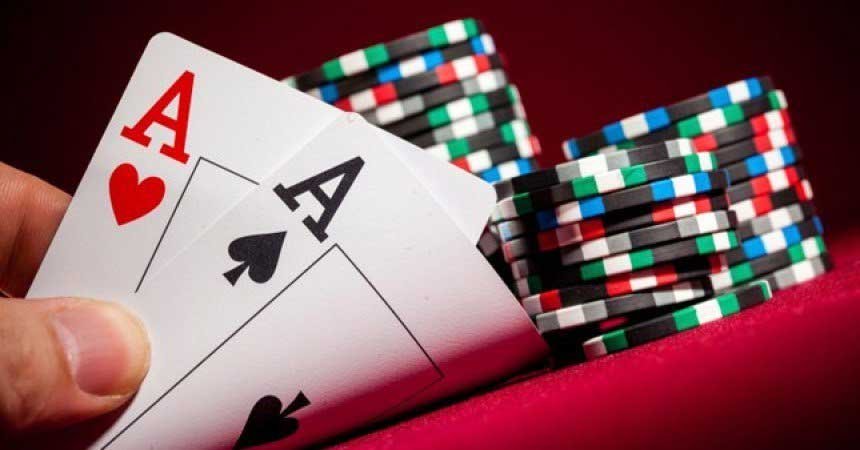
These hands include Ace-Two through Ace-Ten, both suited and unsuited. They can make great top pairs but with a weak kicker. You may become happy when an Ace is flopped, but another player may have a stronger kicker to win over you.
Suited Gappers:
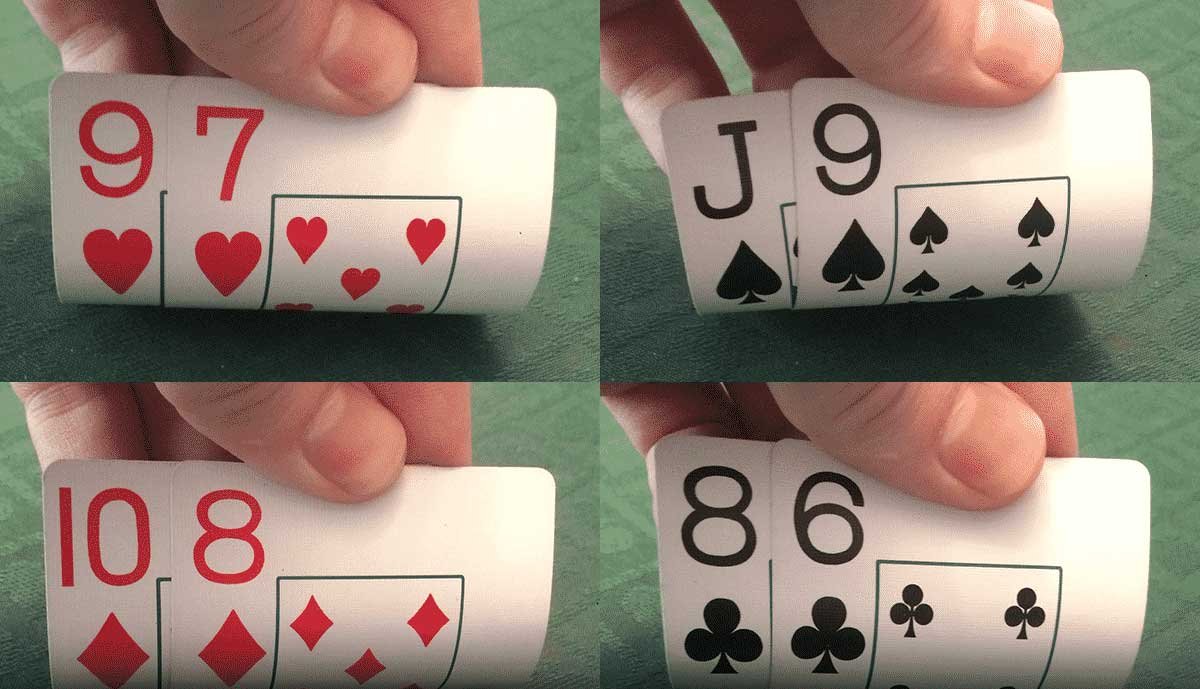
These hands are sometimes good in disguise if they connect with the board to make flushes, straights, or straight flushes. Examples of suited gappers are 97s, QTs, etc.
In conclusion:
We always recommend getting your hands dirty by being in the trenches. As the saying goes that practice makes perfect, you should play more and more Poker games to the point where your subconscious mind dictates your decisions. As you have gone through the article, the decision you need to make depends on many factors. Always remember that even the best players sometimes lose one hand to win another. Go through this article again and again to master this beautiful art.
Read More:
Is Online Poker Legal in California?
Free Online Poker Games With Fake Money
How To Play Poker Online For Real Money?





 Written by
Written by 



 Cashback Bonus
Cashback Bonus




